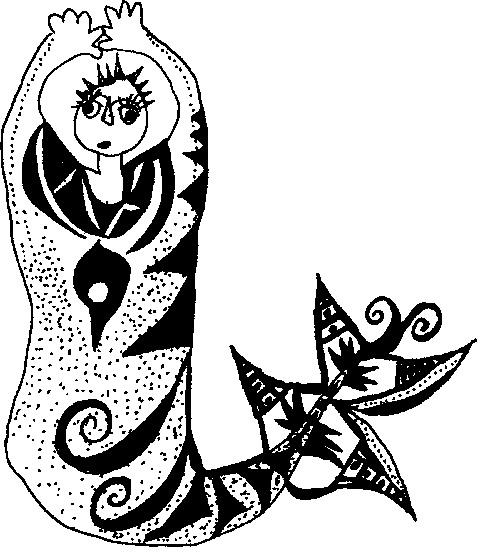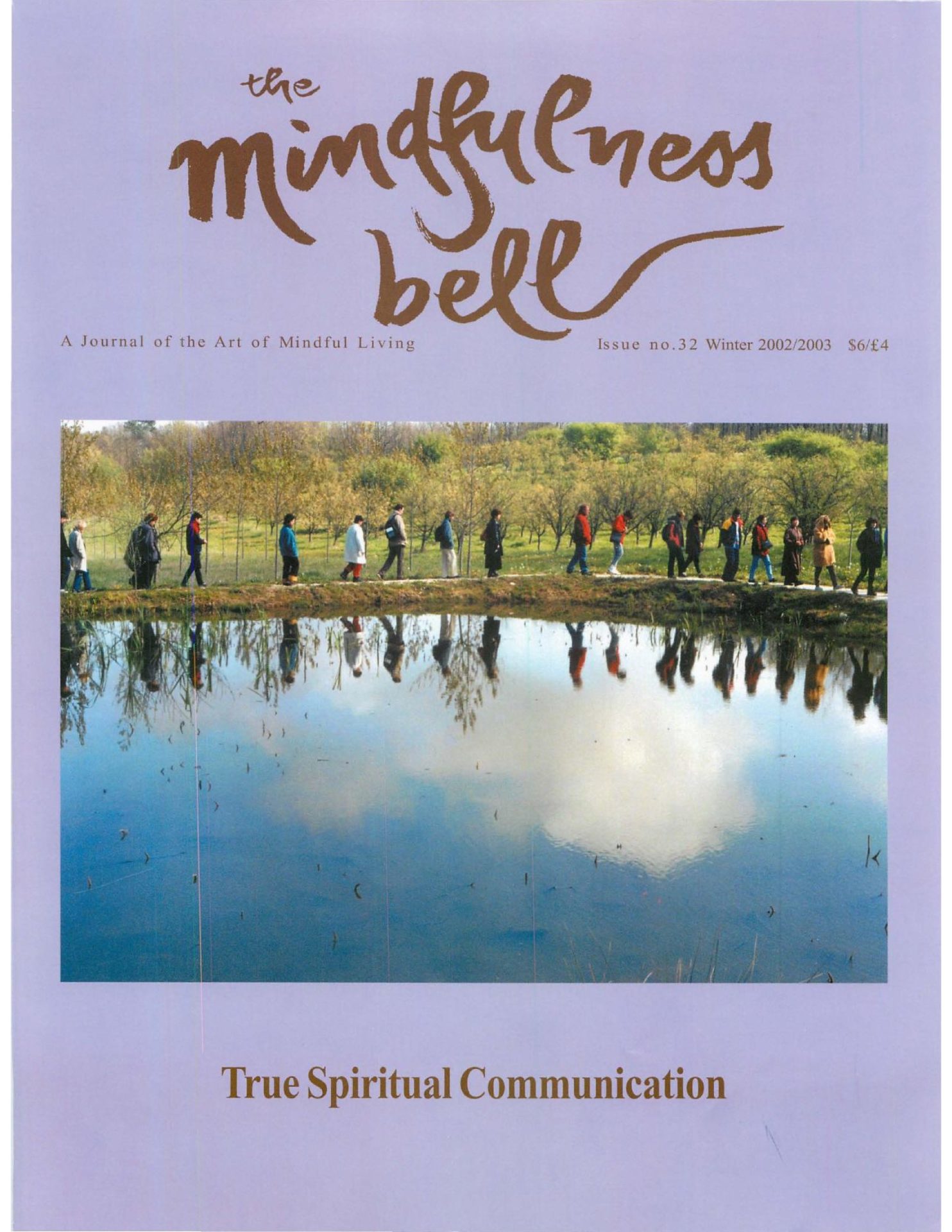I am a labor lawyer, representing registered nurses at contract negotiations. While I consider my work to be Right Livelihood, it brings a myriad of challenges to my practice. One of my most rewarding challenges occurred in December 1999. I was negotiating at a large teaching hospital in New York City, and we remained apart on a number of issues that the nurses deemed vital for safe patient care. I had served a ten-day strike notice,
I am a labor lawyer, representing registered nurses at contract negotiations. While I consider my work to be Right Livelihood, it brings a myriad of challenges to my practice. One of my most rewarding challenges occurred in December 1999. I was negotiating at a large teaching hospital in New York City, and we remained apart on a number of issues that the nurses deemed vital for safe patient care. I had served a ten-day strike notice, and we were meeting for what both sides had agreed would be our last session prior to the strike deadline.
Perhaps the greatest challenge that my work brings to my practice is that it forces me to confront my aversion to conflict. When I find myself in conflict situations, strong feelings of fear and anxiety arise in me. My habit energy is to abort these feelings by reaching a resolution as quickly as possible, even if it means compromising process and leaving parties' needs (including mine) largely unmet. I knew that on the day of negotiations I would need to be particularly mindful of my feelings of fear and anxiety, holding them and smiling to them as I practiced patience and letting go of the outcome.
The weekend prior to our last negotiation session, I was very fortunate to be attending a two-day retreat. During Dharma discussion, I brought up my situation at work, and the challenging negotiation session awaiting me that week. Time was set aside at the retreat to create a healing circle, with everyone visualizing a successful resolution to the negotiations.
As I meditated the morning of our negotiation session, I put forth a strong intention for both parties to reach an agreement. I visualized myself welcoming conflict as if greeting an old friend. I also visualized both parties smiling and shaking hands at the end of the day. I was surprisingly calm as I drove to work.
When I arrived at the negotiation site, my negotiating team, a nurse colleague and five registered nurses who were employed by the hospital were already there. One of the nurses greeted me by holding up a chopstick, stating that it would be our ''Talking Stick."
A Talking Stick is a method used by Native Americans during council meetings to allow everyone to speak their mind. Only the person holding the Talking Stick can speak, and the other council members must remain silent. It is similar to the method of bowing used in Thay's practice during Dharma discussion groups, where the person bowing has the opportunity to speak without interruption, and with the undivided attention of the other members present.
With the help of the chopstick, our caucuses—discussions among our negotiating committee—were like Dharma discussions. Mindful speech and listening were present during the entire process. As a result, we were more flexible and creative than ever before in drafting contract language that met both parties' needs.
We even were successful in obtaining staffing guideline language, something that management kept saying throughout negotiations that they would never agree to.
This atmosphere of listening deeply and being nonjudgmental carried over into our discussions across the table with management. Both parties recognized everyone's desire to reach a favorable outcome, even when the discussions became rather heated.
With the help of the chopstick, we reached an agreement. As the parties smiled and shook hands, a number of us commented on what a satisfying negotiation session had taken place.

Lois Penn, True Energy of Awakening, practices with the New York Metro Community of Mindfulness. She has been practicing non-avoidance of conflict with the New York State Nurses Association for the past nine years.

